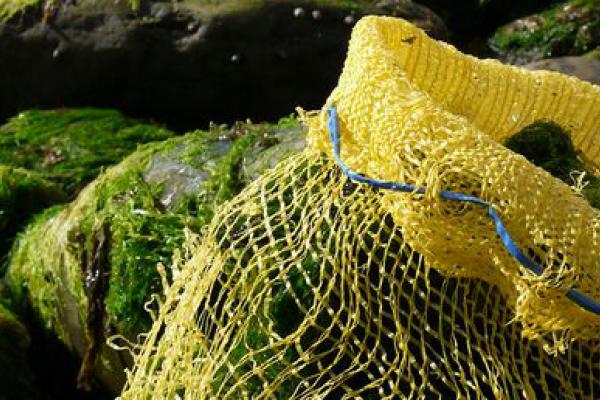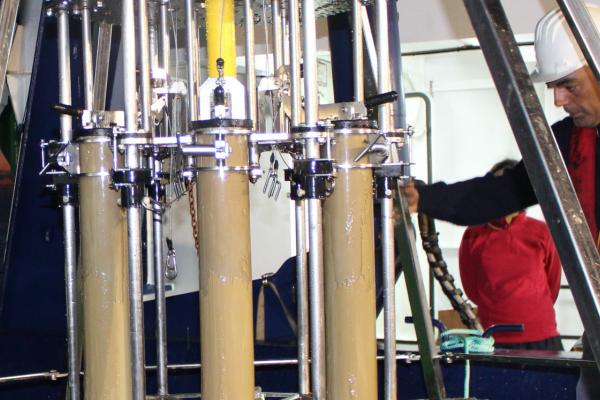Sea, sun … and science
As Europeans head to the beaches for their summer holidays, Horizon takes a look at the science of the Mediterranean.
For our Sea, Sun … and Science issue we speak to the scientists who helped develop the idea for a synchrotron being built in the Middle East and bringing together researchers from across the region.
We interview a researcher who discovered unexpectedly large swarms of jellyfish in the Mediterranean while checking ocean acidity. And we find out how smart biosensors could help prevent contamination of drinking water.
We also look at the best way to avoid colliding with whales if you are navigating a cargo ship, and hear from Tim O’Higgins, a man who believes the value of the seas can’t just be measured by markets.





